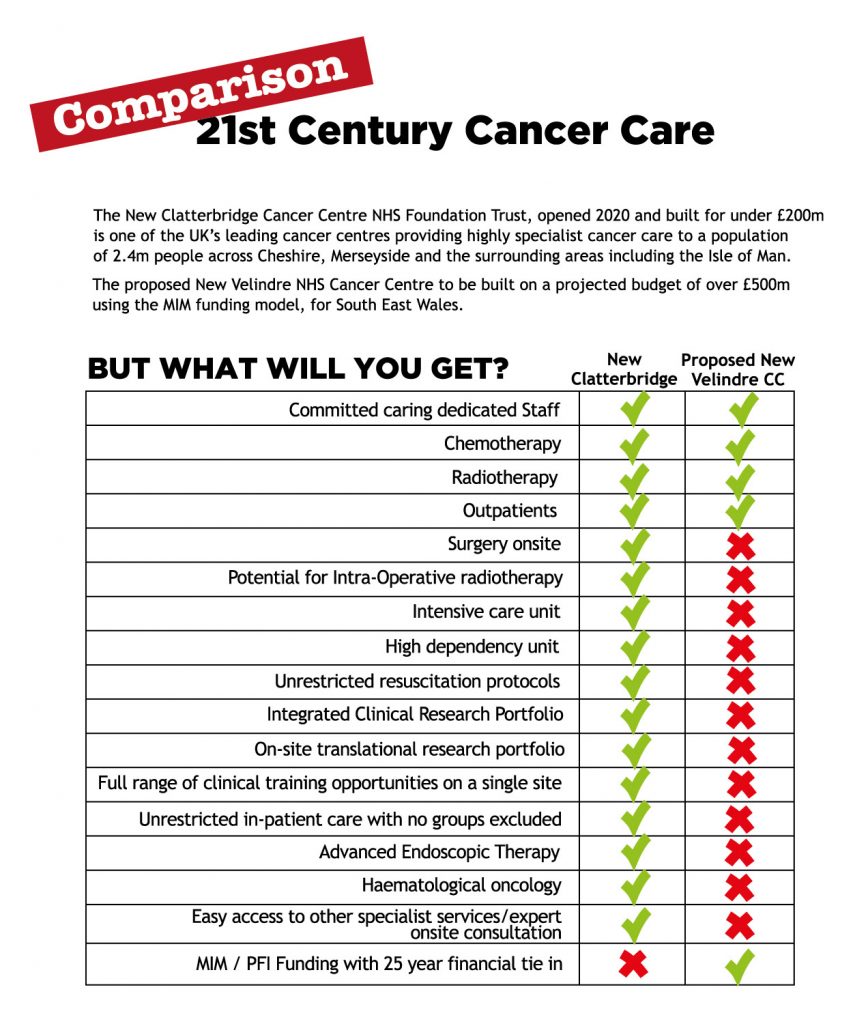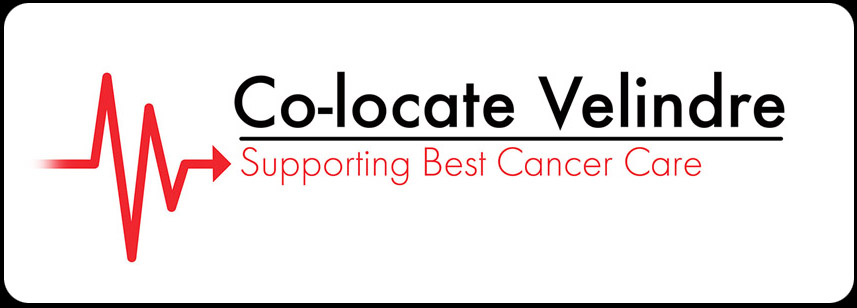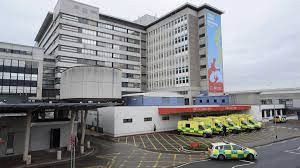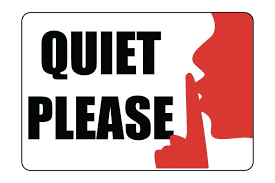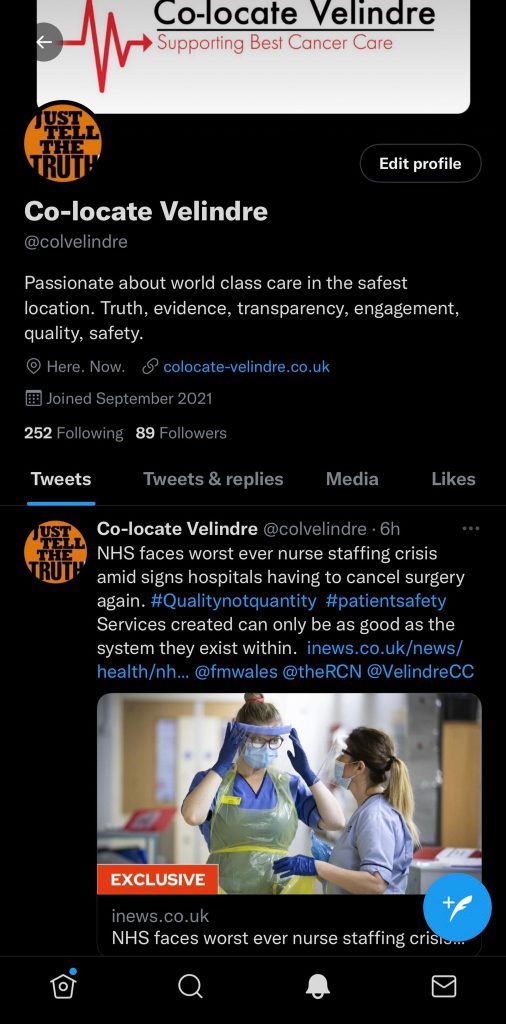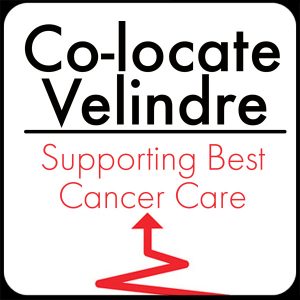Today the opposition showed its true colours with a declaration of intent to start work to development of the New Velindre. This despite their many failures: to get planning permission, to discuss their work with local residents, to await the formal legal position with the Judicial Review not being heard until next month and finally, their failure to discuss the issues we have raised on this website in any way, shape or form.
And yet…
Local residents managed to raise tangible objections to the planned works presented so shoddily and inaccurately. They put off the contractors from carrying out their intended works on the day, and raised public consciousness about the aim of getting New Velindre leadership to consider colocation.
The ITV news coverage included coherent factual interviews with some protesters who clearly have a proper understanding of the medical issues, along with the environmental concerns that also have.
We’ve reproduced this comparison chart kindly provided by the Save the Northern Meadows Campaign to demonstrate again the folly that the New Velindre Cancer Centre will be.
